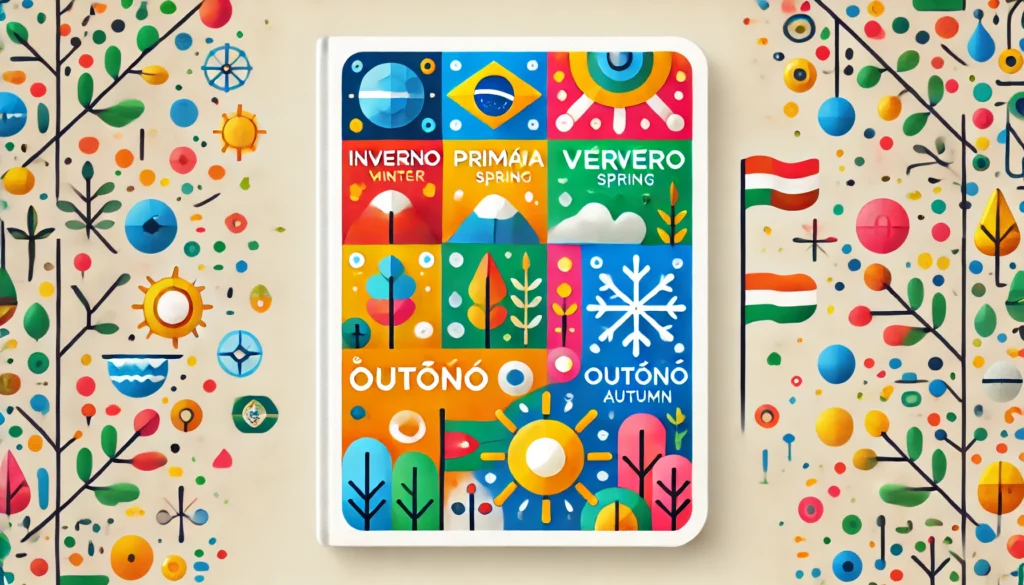Seasons in Portuguese
Learning about seasons in Portuguese is an essential topic for anyone looking to master the language. Understanding seasons not only helps you communicate effectively but also allows you to engage in conversations about weather, activities, and local traditions. In this article, we will explore the importance of learning about seasons in Portuguese, how to effectively learn this topic, and provide some examples to help you grasp the concept.
Importance of Learning Seasons in Portuguese
1. Communication: Knowing the names of seasons in Portuguese enables you to talk about the weather and plan activities accordingly. It helps you understand weather forecasts and engage in small talk with native speakers.
2. Cultural Understanding: Seasons play a significant role in Portuguese culture and traditions. Learning about seasons can give you insights into festivities, food preferences, and lifestyle choices that are influenced by the climate.
How to Learn Seasons in Portuguese
1. Vocabulary Lists: Start by learning the names of the four seasons in Portuguese – primavera (spring), verão (summer), outono (autumn), and inverno (winter). Create flashcards or use language learning apps to practice and reinforce your knowledge.
2. Practice Conversations: Engage in conversations with native speakers or language exchange partners about seasons. Talk about your favorite season, activities you enjoy during each season, or how the weather affects your mood.
3. Cultural Immersion: Immerse yourself in Portuguese culture by exploring seasonal traditions, festivals, and cuisine. Watch movies or read books set in different seasons to deepen your understanding.
Examples of Seasons in Portuguese
- Spring: A primavera traz flores coloridas e dias mais longos. (Spring brings colorful flowers and longer days.)
- Summer: No verão, as praias de Portugal são muito populares. (In summer, Portugal’s beaches are very popular.)
- Autumn: O outono traz temperaturas mais amenas e folhas secas no chão. (Autumn brings milder temperatures and dry leaves on the ground.)
- Winter: No inverno, as montanhas ficam cobertas de neve. (In winter, the mountains are covered in snow.)
As you progress in your language learning journey, remember to practice regularly, be patient with yourself, and celebrate small victories along the way. Learning about seasons in Portuguese can be both educational and enjoyable, offering you a glimpse into the rich cultural tapestry of the language. Embrace the beauty of each season as you explore the nuances of Portuguese vocabulary and expressions.

Mola(Spring)

Verão(Summer)

Outono(Autumn)

Inverno(Winter)

